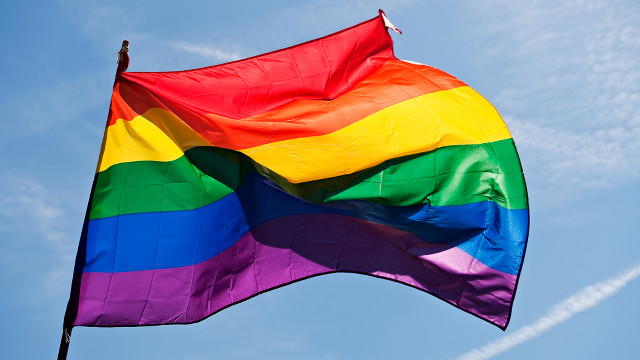SUMMARY
This is AI generated summarization, which may have errors. For context, always refer to the full article.

NEW DELHI, India (2nd UPDATE) – India’s Supreme Court Wednesday, December 11, reinstated a colonial-era ban on gay sex that enables the jailing of homosexuals in a major setback for rights campaigners in the world’s biggest democracy.
A two-judge bench struck down a landmark Delhi High Court ruling in 2009 which found that section 377 of the Indian penal code prohibiting “carnal intercourse against the order of nature” infringed the fundamental rights of Indians.
The decision four years ago to decriminalize gay sex emboldened the still largely closeted homosexual community which has since campaigned publicly against widespread discrimination and ignorance.
But the Supreme Court bench, headed by G.S. Singhvi on his last day before retirement, found the High Court had overstepped its authority and that a law passed by the British in 1860 was still constitutionally valid.
“It is up to parliament to legislate on this issue,” Singhvi said in the judgement which crushed the hopes of activists who had fought the case and led to tears outside the court in central New Delhi.
The 2009 ruling was strongly opposed by religious groups, particularly leaders of India’s Muslim and Christian communities, who appealed to the Supreme Court and were delighted with Wednesday’s outcome.
“Such a decision was totally unexpected from the top court. It is a black day for the community,” Arvind Narayan, a lawyer of the Alternative Law Forum gay rights group, told reporters outside court.
India’s law minister promised to review the ruling, but a new gay rights law that would have limited public support is unlikely to pass the dysfunctional national parliament before general elections next year.
“We have the right to make laws and we will exercise that. If the parliament runs we shall take up this issue,” Law Minister Kapil Sibal told reporters.
Human rights ‘body blow’
Amnesty International called the decision a “body blow to people’s rights to equality, privacy and dignity”, while a legal challenge from gay rights groups is also possible.
“We will explore all options, probably look into the option of a review petition,” T. Tandon, a lawyer appearing for Naz Foundation, a non-profit group that has spearheaded legal activism against the law.
“The movement of gay rights is so much stronger now. It is not 2001, it is 2013. You can’t have a decision like this.”
Religious groups who opposed the 2009 repeal hailed the reinstatement of the law, which is rarely invoked in practice.
Activists say police use it to harass and intimidate gays who can be threatened with sentences of up to life imprisonment.
Ejaz Maqbool, a lawyer for All India Muslim Personal Law Board, said India should not simply “ape” Western culture.
“We have our own religious and cultural ethos and all communities in this country feel that our religions treat it as an offense and it should remain so,” Maqbool told Agence France-Presse.
Gay sex has long been a taboo subject in conservative India, where homophobic tendencies abound and many still regard being gay as a mental illness.
The 2009 ruling was widely described as India’s “Stonewall” moment in reference to protests in New York 40 years earlier after a police raid on a gay bar which helped launch the gay and lesbian rights movement.
In recent years, the community in India has raised its profile through gay pride marches, magazines and events which have encouraged many to come out of the closet.
But the country still has no major openly-gay public figures in politics, entertainment or sport.
A surprise ruling
The Indian-born author Vikram Seth, who is gay, said the judges had taken away “the rights, the prerogatives, and the dignity” of millions of Indians.
“Today is great day for prejudice and inhumanity and a bad day for law and love,” he told the NDTV network. “Law develops and love is resilient and prejudice and inhumanity will be beaten back.”
Several hundred gay activists gathered in downtown Delhi to protest the verdict, waving rainbow flags and chanting slogans for freedom.
“It will be back to the days when the police harass me for walking out on the street, thinking I am prostitute. At least that had changed a little after the 2009 verdict,” said one of the protestors, Vikramaditya, a transgender research scholar.
At a smaller gathering in Mumbai, about 50 activists posed with a banner showing “377” with a red line through it.
“I came here expecting to celebrate. But the fight continues,” said one 32-year-old woman who gave her name as Raj.
The Supreme Court ruling puts India back in the company of most nations in the Islamic world and many African countries which criminalize homosexuality. The only country in South Asia where gay sex is now legal is Nepal.
In most Western countries, the debate about same-sex couples has shifted on to their rights to marry. – Rappler.com
Gay rights flag image from Shutterstock
Add a comment
How does this make you feel?
There are no comments yet. Add your comment to start the conversation.